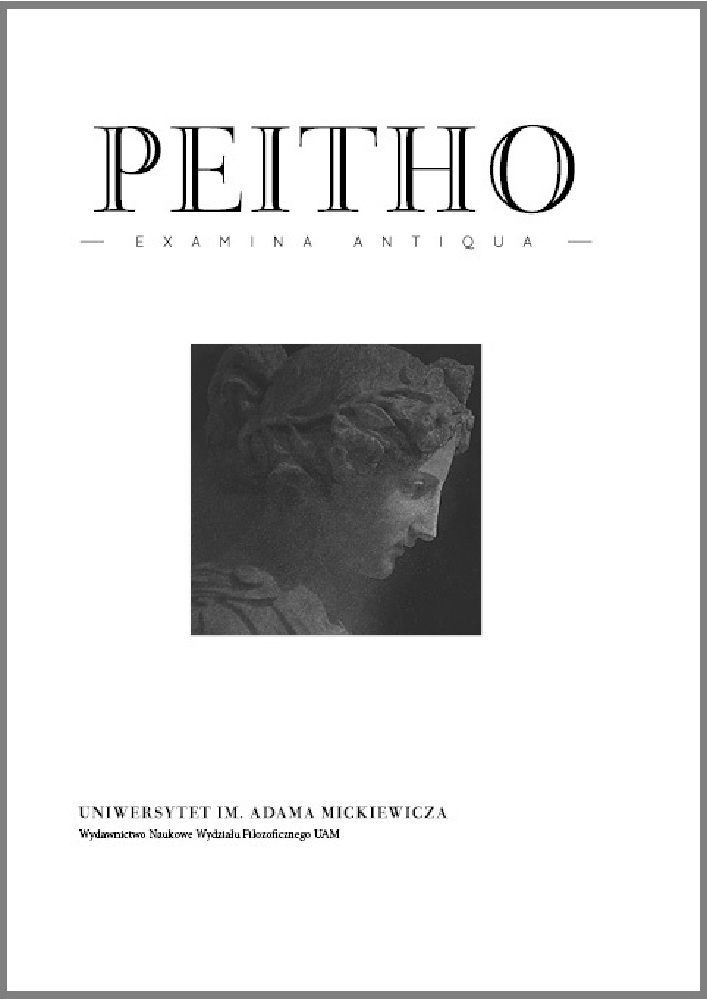Abstract
While Socrates was in his own way a deeply religious man, the Euthyphro is often thought to provide a refutation of the divine command theory of morality: the theory that what is morally good is good because it is divinely approved. Socrates seems to suggest that what is holy or pious (ὅσιος) is pleasing to the gods because it is holy, and not holy because it pleases them. Thus the dialogue is sometimes presented as showing that what is morally good and bad must be independent of the divine will. I argue that matters are not so simple, since there are several ways in which the gods could help determine which acts are good, for instance, by disposing certain human affairs which are relevant to moral decisions. Moreover, Socrates suggests that he has obligations to the gods themselves, and these obligations would have to depend in part on what pleases them. It follows that the dilemma which Socrates poses to Euthyphro (pious because loved by the gods, or loved by the gods because pious) does not offer two mutually exclusive alternatives. There are various ways for the preferences of such gods to help determine which acts are adequate for moral praise or blame. It could therefore hardly be the case that religious doctrines, if true, are irrelevant to the content of morality. Knowledge of the gods’ preferences, if such knowledge were available, would be of importance to moral theory. Socrates himself does not deny this, nor should we.References
Cohen, S. M., 1971, ‘Socrates on the Definition of Piety: Euthyphro 10A-11B’, JHPh 9, pp. 1-13.
Geach, P. T., 1966, ‘Plato’s Euthyphro: An Analysis and Commentary,’ The Monist 50, pp. 369-382.
O’Sullivan, B., 2006, ‘The Euthyphro Argument (9d-11b)’, SJPh 44, pp. 657-675.
Sharvy, R., 1972, ‘Euthyphro 9d-11b: Analysis and Definition in Plato and Others’, Nous 6, pp. 119-137.
Sparshott, F., 1970, ‘Disputed Evaluations’, APhQ 7, pp. 131-142.
License
Peitho provides immediate open access to its content on the principle that making research freely available to the public supports a greater global exchange of knowledge.
